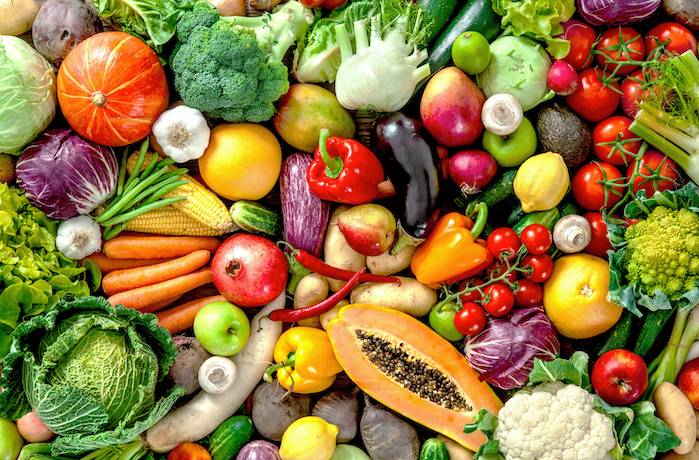“Choosing the Right Carbohydrates to Manage Weight in Middle Age: Insights from a Recent Study
A recent study published in The BMJ has shed light on the significant impact of carbohydrate quality on midlife weight management. The research, conducted over 24 years, highlighted the difference in weight gain based on the type of carbohydrates consumed.
The study, which could have substantial implications for public health, revealed that high-quality carbohydrates, including those derived from fruits, vegetables, and whole grains, were associated with less weight gain in midlife. In contrast, lower-quality carbohydrates, such as those found in foods with added sugars or sweetened beverages, were linked to more substantial weight gain.
The Dietary Guidelines for Americans recommend that 45–65% of daily calories come from carbohydrates, yet research from 2019 showed that a significant portion of the typical American diet consists of low-quality carbohydrates.
Lead study author Yi Wan, PhD, emphasized the importance of choosing quality sources of carbohydrates for weight control and overall health.
Understanding the Impact of Carb Quality on Middle-Aged Weight Management
While experts have long known that the type of carbohydrates consumed can affect weight management, this study is distinctive in its extended duration, large participant pool, and focus on middle-aged individuals.
The research utilized data from the Nurses’ Health Study, Nurses’ Health Study II, and the Health Professionals Follow-Up Study, involving over 113,000 women and more than 22,000 men aged 40–65 on average. Participants reported their dietary habits, including carbohydrate intake, every two to four years over a 24-year period.
As participants aged, some degree of weight gain was expected due to various factors such as reduced physical activity, hormonal changes in women, and increased affluence. However, the study revealed that the type of carbohydrates consumed played a significant role in weight gain.
Those who regularly consumed carbohydrates high in starch and added sugars tended to experience more substantial weight gain over time. In contrast, individuals who incorporated carbohydrates from whole grain foods, fruits, and vegetables into their diet gained less weight.
While the study had some limitations, such as the reliance on self-reported diet choices, its findings were consistent across different racial groups when analyzed by race.
The Importance of Carbohydrate Quality for Weight Management
The study’s results highlight that not all carbohydrates are created equal when it comes to weight management. The body processes different types of carbs differently, with some being more satiating and beneficial for weight control than others.
Healthier carbohydrates, like those found in whole grains and vegetables, are typically rich in fiber, nutrients, and lower in calories compared to high-glycemic foods. Fiber keeps you feeling full for longer, making it easier to maintain a negative calorie balance. In contrast, high-glycemic carbohydrates, such as sugary beverages and pastries, are quickly absorbed into the bloodstream, leaving you hungry and potentially leading to overeating.
Crafting a Diet Focused on Nutrient-Dense Carbohydrates
To make better choices in carb consumption, consider prioritizing foods high in fiber. The Academy of Nutrition and Dietetics recommends around 25 grams of fiber per day for women and about 38 grams per day for men. Foods like fruits, vegetables, whole grains, legumes, nuts, and seeds are excellent sources of fiber.
On the other hand, sugary sodas, refined flour products, and white rice are less ideal for weight management due to their low fiber content and potential for spiking blood sugar.
Adjusting your carb intake doesn’t require a complete overhaul of your diet. Small changes and substitutions can make a significant difference over time. Here are some recommendations from experts:
- Opt for oatmeal with berries as a breakfast choice.
- Include side salads or steamed vegetables in your meals.
- Choose whole-grain side dishes like brown rice or whole-wheat pasta.
- Incorporate vegetable-rich soups into your weekly meal plan.
- Add fresh fruits to your dessert.
Remember, no food should be entirely off-limits. While making healthy choices most of the time is crucial, allowing yourself to enjoy your favorite indulgences in moderation is also a key aspect of successful weight management.”
The information contained in this post is for general information purposes only. The information is provided by Enhancing Midlife Weight Management Through Elevated Intake Of Whole Grains And Non-Starchy Vegetables and while we endeavour to keep the information up to date and correct, we make no representations or warranties of any kind, express or implied, about the completeness, accuracy, reliability, suitability or availability with respect to the website or the information, products, services, or related graphics contained on the post for any purpose.


